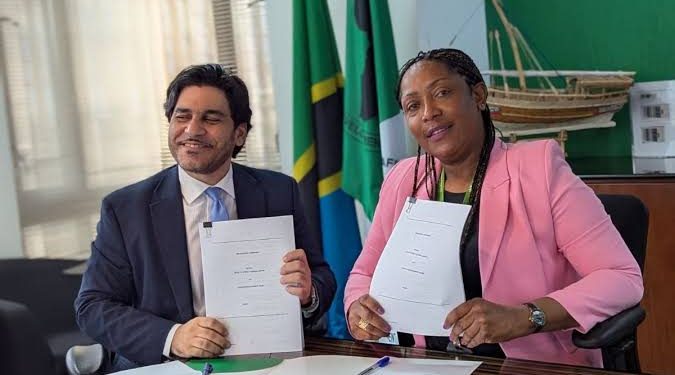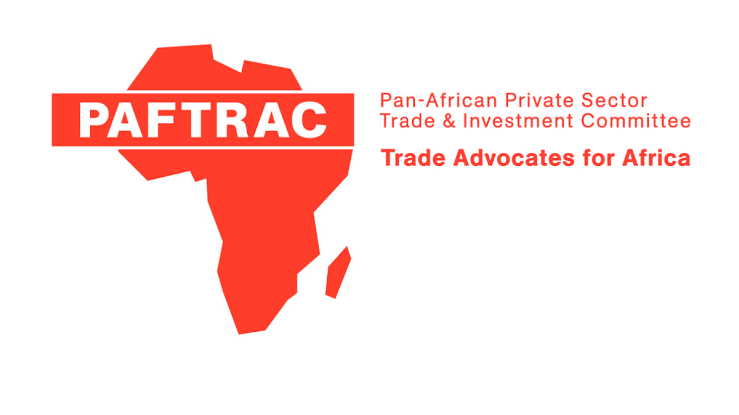The African Development Bank (AfDB) and Bank of Africa Tanzania (BOAT) have signed a $7.5 million trade finance agreement designed to help Tanzanian businesses—especially small and medium-sized enterprises—break into global markets and ease import processes.
Under this partnership, AfDB will provide up to 100% guarantees on select trade transactions facilitated by BOAT. In practical terms, this means that if a Tanzanian business needs a letter of credit to import goods, the AfDB’s backing will make international banks more confident in accepting BOAT’s assurances, thus removing a key barrier many SMEs face in cross-border trade.
For local entrepreneurs, this translates into faster, safer, and more accessible trade opportunities. Many SMEs in Tanzania struggle to secure trade finance due to limited credibility with foreign banks or lack of connections. The AfDB-BOAT agreement changes that, offering local businesses a stronger financial bridge to the global market.
During the signing in Dar es Salaam on March 10, 2025, AfDB’s Country Manager for Tanzania said the initiative would benefit strategic sectors such as agriculture, manufacturing, energy, and general commerce. She emphasized that the move is about more than just money—it’s about empowering Tanzanian businesses to compete globally.
BOAT’s Deputy Managing Director also described the deal as a strategic step toward strengthening the bank’s ability to support enterprises across sectors while widening its global trade network. The partnership, he said, connects Tanzanian businesses to world-class financial tools and support.
Beyond immediate trade relief, the deal aligns with broader goals under the African Continental Free Trade Area (AfCFTA), which seeks to deepen intra-African trade and economic integration. It also supports Tanzania’s Vision 2025 strategy, which focuses on building a resilient and self-sustaining economy driven by local enterprise.
This $7.5 million agreement marks more than a financial milestone. It represents a tangible shift toward a future where Tanzanian SMEs can confidently engage in international trade, scale their operations, and contribute to sustainable economic growth—without being held back by traditional financial barriers.










